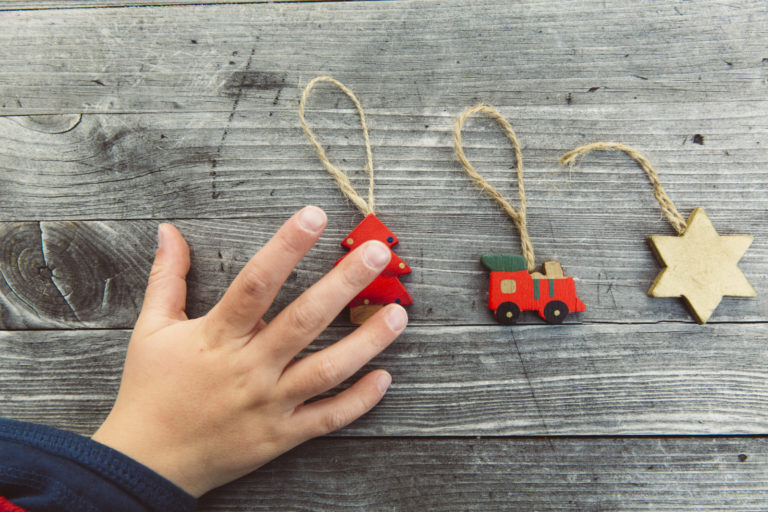The holidays are here! A time for spending snowy days with family, preparing food for visiting relatives, and gift-giving. And while gift giving can have the best of intentions, it’s important to remember that for children with disabilities, not all presents affect them equally. Some can cause undue stress — something everyone’s holiday could do without! Before buying the newest toy or the snazziest gadget, here are some tips to help ease shopping stress during the holidays while still lighting up the life of the child in your life.
1. Buying gifts based on ability, not just age
Lots of toys come with age recommendations. Remember that, for children with autism and special-needs, it’s more important to keep in mind their developmental ability, not just their age. Think to yourself: is this something my child, niece/nephew, or grandchild would enjoy? When in doubt, ask the parent or guardian for their advice.
2. Consider buying a calming gift
Weighted blanket and “fidget” gifts can have soothing effects on children with special-needs. While many gifts are colorful and stimulating, sometimes the best ones are relaxing and soothing. National Autism Resources recommends a few popular gifts that fit into these categories: weighted blankets, tranquil turtles, and soothing volcano lamps are just a few of the go-to presents each holiday.
3. Buy sensory-appropriate presents
Sensory gifts can be welcome distractions, especially on long car rides to relatives during the wintertime. Less can be more with sensory gifts, so consider ones like the fidget set, lunar light show, or the ever-popular Strobotop.
4. Give a gift that enhances social skills
Children on the autism spectrum and those with other disabilities often have delayed social skills. Help bolster those with a gift that’s fun but practical: various games — like Hidden Rules, What Should I Do Now?, and the Socially Speaking Game — are strong options to foster and improve social skills. Other games work on emotional maturity, like the Empathy Game or Let’s Make Faces. Playing these games with your children is an excellent way to continue developing social skills while having a great time!

